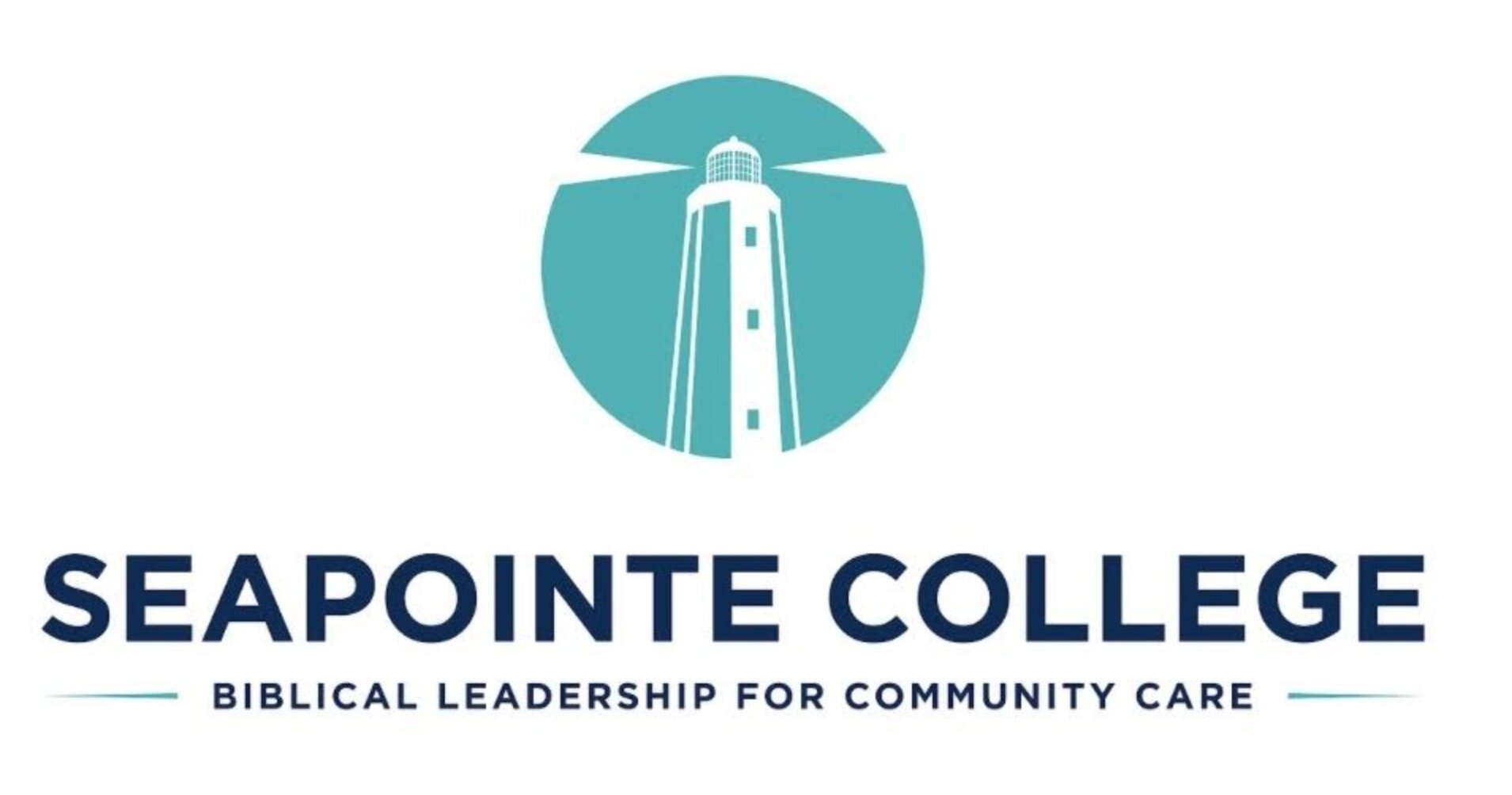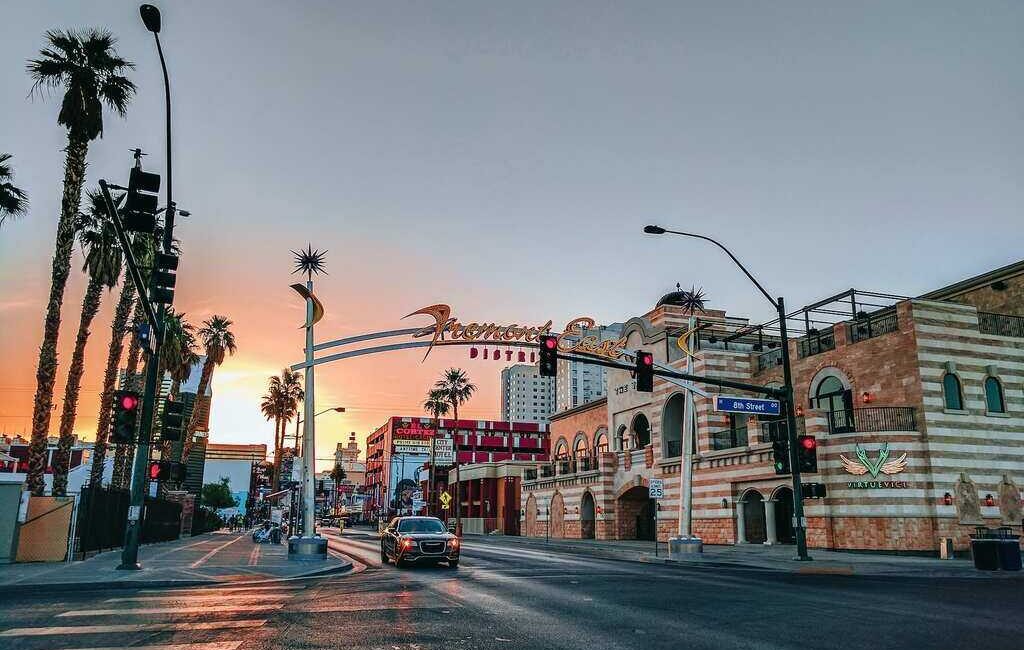![Real Life Military Scandals and Drug Culture: Tell All Book [Exclusive Interview] Maggie Young GLV](https://guardianlv.com/wp-content/uploads/2015/02/Maggie-Young-GLV-650x423.png)
Exclusive Interview with author Maggie Young on her new book Just Another Number, available on Amazon on March 1, 2015. This interview is part one of two, exclusive to Guardian Liberty Voice.
This book is the memoir of a woman who grew up in the south and headed around the world, amassing incredibly thought-provoking experiences that led her to put them down on paper. The following is this writer’s interview with Maggie Young. The following are Miss Young’s actual answers, which have only been edited by eliminating profanity.
Kristi: What prompted you to write about your life?
Maggie: I actually very much “fell” into writing. For a long time, I was pursuing television. Right after completing my Navy enlistment, I took this journalism course at Mesa Community College in San Diego. My professor, Kevin Foster Cox (who my book is dedicated to) was absolutely amazing. He had the class write a magazine article for our final paper. While everyone was making lists of their hobbies and family history, I had an idea that was a bit more controversial. When I was 19, I married my friend for the BAH (Basic Housing Allowance). This was because the Navy’s living conditions were pretty terrible for unmarried sailors and our paychecks more than doubled once we married, hence a major reason why there are so many young marriages and divorces in the military. NCIS ended up doing a lengthy, expensive investigation and interrogation on me, which really baffled my JAG lawyer because I was completely within my rights, despite not being “in love” with my husband. Cox though the article was good and had me submit it to the San Diego Weekly Reader. Confessions of a Phony Navy Wife actually became one of the most popular cover stories in the magazine’s history.
He suggested I follow it up with my next article, Pretty in PB. He then, he suggested I write a book.
![Real Life Military Scandals and Drug Culture: Tell All Book [Exclusive Interview] Military](https://guardianlv.com/wp-content/uploads/2015/02/Just-another-number-book-cover-292x450.jpg) I was only 23 at the time and my life very much centered around boys. I essentially started writing as a foul-mouthed Taylor Swift, treating Just Another Number like a diary for unfiltered venting. I started sending pieces to friends and the feedback was astounding. That’s what kept me going. I kept the book as a pet project throughout the years. During the time I wrote it, I grew up. I traveled the world, graduated from UC Berkeley, obtained some depth, social and political stances, and obtained my identity as a woman. I didn’t understand what the book was truly about until I fell out with “Man Number 23”, the last number in Just Another Number. I did not initially understand where my struggles with bulimia, anorexia, hard drug use, emotional dependence, military corruption, and reckless promiscuity came from until later. But what really sealed the true meaning of my book was when my southern family cut me out of their lives.
I was only 23 at the time and my life very much centered around boys. I essentially started writing as a foul-mouthed Taylor Swift, treating Just Another Number like a diary for unfiltered venting. I started sending pieces to friends and the feedback was astounding. That’s what kept me going. I kept the book as a pet project throughout the years. During the time I wrote it, I grew up. I traveled the world, graduated from UC Berkeley, obtained some depth, social and political stances, and obtained my identity as a woman. I didn’t understand what the book was truly about until I fell out with “Man Number 23”, the last number in Just Another Number. I did not initially understand where my struggles with bulimia, anorexia, hard drug use, emotional dependence, military corruption, and reckless promiscuity came from until later. But what really sealed the true meaning of my book was when my southern family cut me out of their lives.
About a year and a half ago, I uncovered some traumatic memories of my childhood. They were particularly about my stepfather, who is referred to as Carl in my book. When I tried to talk to my mother about it I was ultimately shunned from my family, referred to as a bipolar narcissist, and forgotten about. I realized that, my family being very old-fashioned, was terrified of truths and that all of them had been hiding behind their facades for years.
I had always been resented for being such a bold, brutally honest person. To them, I was an obnoxious time bomb. However, I saw the pain they were in from the secrets they kept and decided to be their opposite. I write about my life because I grew up alone in crowded rooms. I grew up around lies, secrets, fake smiles, and artificial manners. When I wrote, my soul bled, and when I exposed my gritty, innermost thoughts to the world, readers connected with me on such a deep level. It was the first time in my life that I wasn’t alone. I write about my demons because I truly believe that exposing myself will help unite the countless people who suffer with me. I write to encourage our society to be honest and real.
Kristi: How did you find the strength to write about some of the struggles you had in your life?
Maggie: I come from a very long line of women burying their emotions beneath smiles and southern hospitality. I grew up very haunted by a culture where nothing is real; where some of the warmest smiles would not shed a tear at your funeral. The south is known for its politeness and friendliness but none of that is genuine. My adolescence was a game I never knew the rules to, but couldn’t escape. At some point long ago, I unconsciously vowed to be as real as possible. I’m a bad liar, so I just don’t do it. I have no secrets, no skeletons. I believe that the truth always surfaces, so I just don’t hide anything.
The fact is, I voice my struggles because I need to. Holding them private does nothing. If I am open about them, I can connect with others who have been there or could potentially be there. I can show people that they aren’t alone and we can work through them together.
Writing about my struggles was very therapeutic. It helped me make sense of them and make sense of myself. Of all the things in life I have the most gratitude for, it’s the ability to channel pain into art.
![Real Life Military Scandals and Drug Culture: Tell All Book [Exclusive Interview] Military](https://guardianlv.com/wp-content/uploads/2015/02/headshot-300x450.jpg) The Author page of her book gives the reader an idea of where one will go when taking this journey with her while reading this book, it states:
The Author page of her book gives the reader an idea of where one will go when taking this journey with her while reading this book, it states:
As a troubled teenager, Maggie Young left her hometown of Chattanooga, Tennessee for the United States Navy. Stationed on the USS Higgins out of San Diego, she got into all sorts of documentary-worthy shenanigans. After a platonic, financially driven marriage, an NCIS investigation, a few wildport visits, and some turbulent affairs, she traded the Navy’s ranks for UC Berkeley. After graduation, she backpacked Europe, was a television reporter in Alaska, and eventually hit a quarter-life crisis that will be documented in her next book, My Dilemma. Maggie has been published several times in the San Diego Weekly Reader, including two cover stories. Her mission is to expose corruption through a memoir’s emotional authenticity. Although she’s an avid world traveler, Maggie is currently based in Seattle.
This is Maggie Young’s first book, however she has been published four times in the San Diego Weekly Reader, including two cover stories. She is currently writing a second memoir, My Dilemma. It’s about how economies cause generation gaps, and profiles her family’s fallout, the south, and the recession. Her family will be playing an even bigger role in My Dilemma than it has in Just Another Number. Part two of this interview will look a bit more in-depth at the book and its contents, including the men, the military and the drug culture in this captivating tell-all book.
Interview by Kristi Cereska
Sources:
Maggie Young one on one interview with Kristi Cereska
Photo’s Courtesy of Maggie Young
San Diego Weekly Reader
Readers can find her on:
Maggie Young’s website: www.themaggieyoung.com
Facebook: www.facebook.com/themaggieyoung
Twitter: themaggieyoung
Instagram: themaggieyoung



